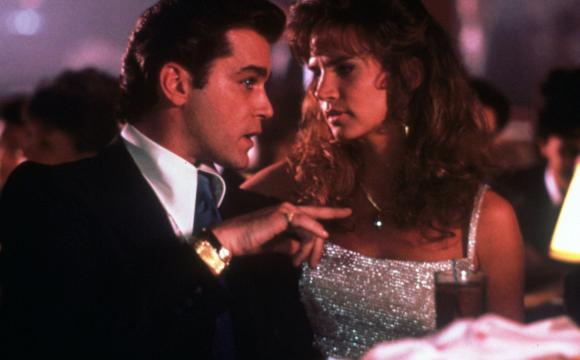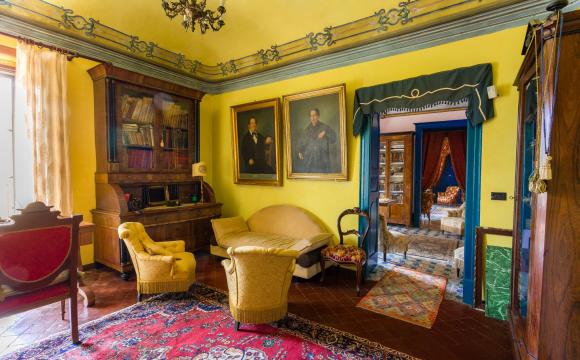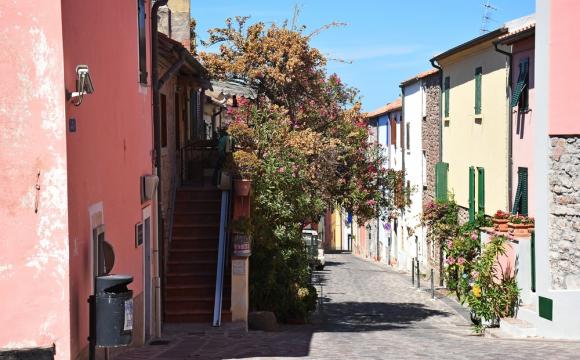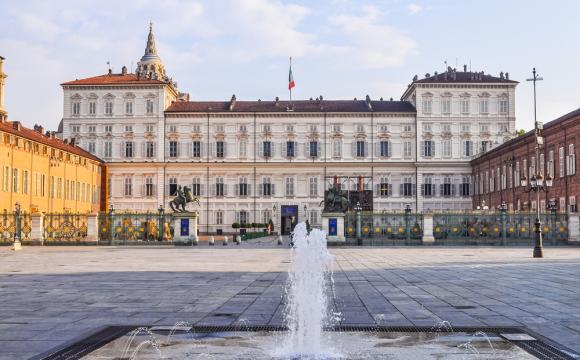 (ANSA) - Controversy over a hit new TV show on state broadcaster RAI were reignited on Sunday when Premier Silvio Berlusconi accused the programme of attacking him.
(ANSA) - Controversy over a hit new TV show on state broadcaster RAI were reignited on Sunday when Premier Silvio Berlusconi accused the programme of attacking him.
Berlusconi described the show RockPolitik as the "latest example of a media system... which has systematically attacked the work of the government and the premier since 2001."
The premier made his comment in an interview with TV journalist and presenter Bruno Vespa, who is writing a book about contemporary Italian politics. A near record 11.5 million viewers tuned in on Thursday night to watch the first episode of Adriano Celentano's four-part RockPolitik programme.
The 67-year-old performer, who is arguably Italy's most popular singer-showman, refused demands by RAI managers to know the exact contents of his show before it went on air. Afterwards, he was accused of being pro-Left because of some of the show's political satire and because it featured an appearance by TV journalist Michele Santoro.
Santoro disappeared from RAI's airwaves three years ago along with veteran journalist Enzo Biagi and satirist Daniele Luttazzi. All three were accused by Berlusconi of having slashed his May 2001 election lead by making "criminal" use of state TV.
Celentano showed a news clip of Berlusconi criticising the three during a 2002 official trip to Bulgaria. He then spotlighted an annual survey on press freedom by the Freedom House, an American non-profit organisation, which ranked Italy 77th alongside Bolivia and Mongolia.
The free-wheeling show also contained satire which took aim at the centre-left opposition. But many members of the government and the centre right blasted RockPolitik as biased.
The rightist National Alliance (AN) even demanded the resignation of RAI Director-General Alfredo Meocci, who is seen as close to the government. In other comments to Vespa, Berlusconi also rejected criticism from adversaries that he wields too much influence over the Italian media.
"They accuse me of controlling the six main national TV channels when the truth is there for everyone to see," said Berlusconi, a billionaire media magnate who owns the three-channel, nationwide Mediaset network which is RAI's main rival. "It's entertainment programmes above all, when they deal with social or political issues, that contain more criticism than appreciation of the government," he said.
He then reeled off a list of comics whom he accused of regularly targeting him, including Sabina Guzzanti whose 2003 satire show Raiot was axed by RAI after it took swipes at the premier and Mediaset. Communications Minister Mario Landolfi, an AN member, told reporters on Sunday: "I perfectly agree with Berlusconi. "Attacking the government and the premier is the most popular sport with all TV channels, not just RAI, and with most of the press."
But the opposition said the premier was being "ridiculous."
Centre-left leader Romano Prodi, who is expected to face off against Berlusconi in Italy's general election next year, said that "he's starting again with the lists of people to be banished."
"Leaving aside these comments, which sound ridiculous to me, he (Berlusconi) is the only businessman who complains about his company but is always making more money," said the former premier and European Commission chief.
Hard-left lawmaker Marco Rizzo said that "quite frankly, it's ridiculous and absurd of Berlusconi, who controls almost the whole Italian mass media system, to try and pass himself off as a victim."
The Green party accused the premier of paving the way for the abolition of Italy's party political broadcasting law, known by its Latin tag 'par condicio'. The law was introduced in February 2000 and aims to ensure that all political parties are given fair and equal access to the media during the run-up to elections.
It was designed to bring Italian political broadcasting in line with the sort of rules applied in all other EU countries except Luxembourg, which has the sort of US-style free-for-all Berlusconi advocates.
Berlusconi has long railed against par condicio and is hoping to change the law before the April elections. The premier renewed his attack on the law last week by saying it "penalised" him.












